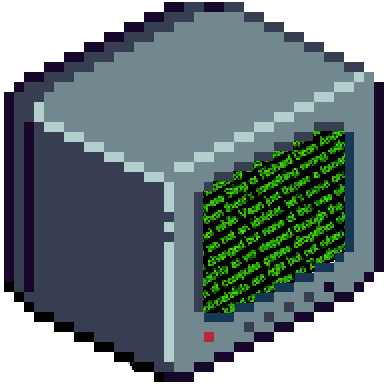

There are so many things in our world where we need to take a step back and rationally analyze our behavior. Things like gambling or gaming, eating habits, social media, commercials… they can all create the wrong urges and gut feelings. Sadly, we can’t trust what “feels right” in the moment, because we’re driven by dopamine and endorphine that gets released even by pointless activies, regardless of what we neglect. It should be taught at schools1 how to recognize when bad influences create self-destructive habits, and how to recognize and overcome them.
1Seriously, schools teach so much information, when all the information is now at our fingertips, but we face so many challenges with how to approach life and society and so on that schools don’t help us with… (After all this, I just had to leave a footnote here as well)

I suppose the biggest difference I see is the imbalance between financial success / popularity, and discourse about many phone games. Compared to how many people apparently play some of those phone games, I never hear anyone talk about them. Because they’re simply not worth discussing, not even to the people who play them.